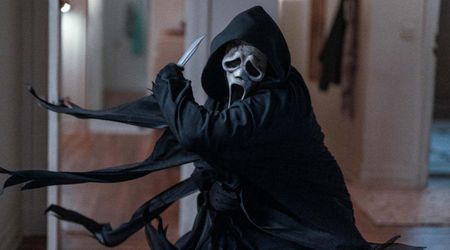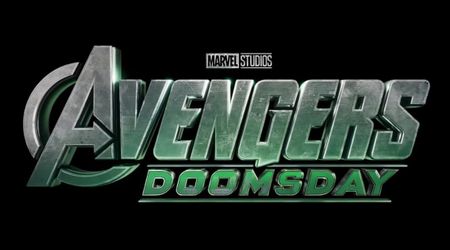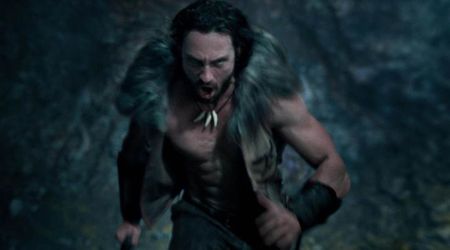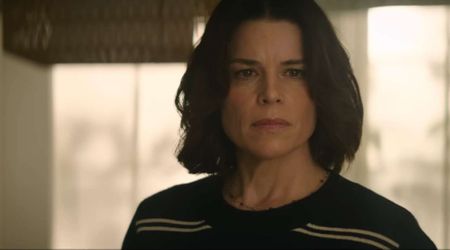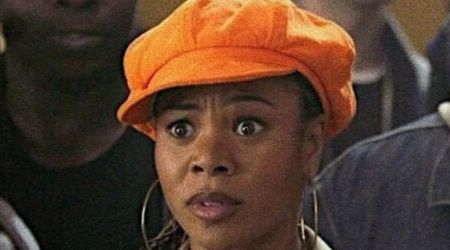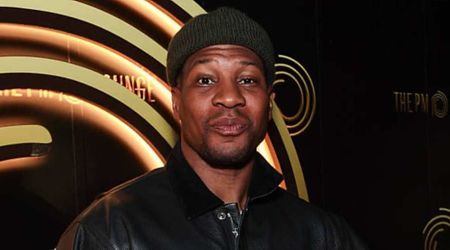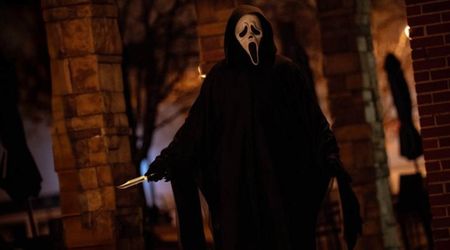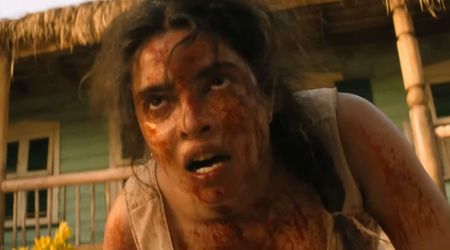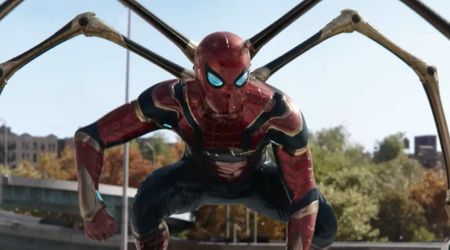Here are 5 ways the Marvel Cinematic Universe fell apart under its own weight despite grand overall ambitions

"Everything is connected" was the initial mantra behind the Marvel Cinematic Universe, from the moment those first post-credits scenes surprised patient audience members with the words, "The Avengers Initiative". The Marvel Cinematic Universe accomplished a superhero crossover like nothing else in cinematic history has before, launching a shared universe that was meant to not just connect the movies, but television shows, comics, and games, as well. Despite all the hard work that went in to their ambitions, it wasn't long before things started to fall apart, and it became obvious that the MCU had bitten off more than it could chew. Here are 5 ways the ambitious dream that was the MCU fell apart under its own weight.
1. No inter-movie aid
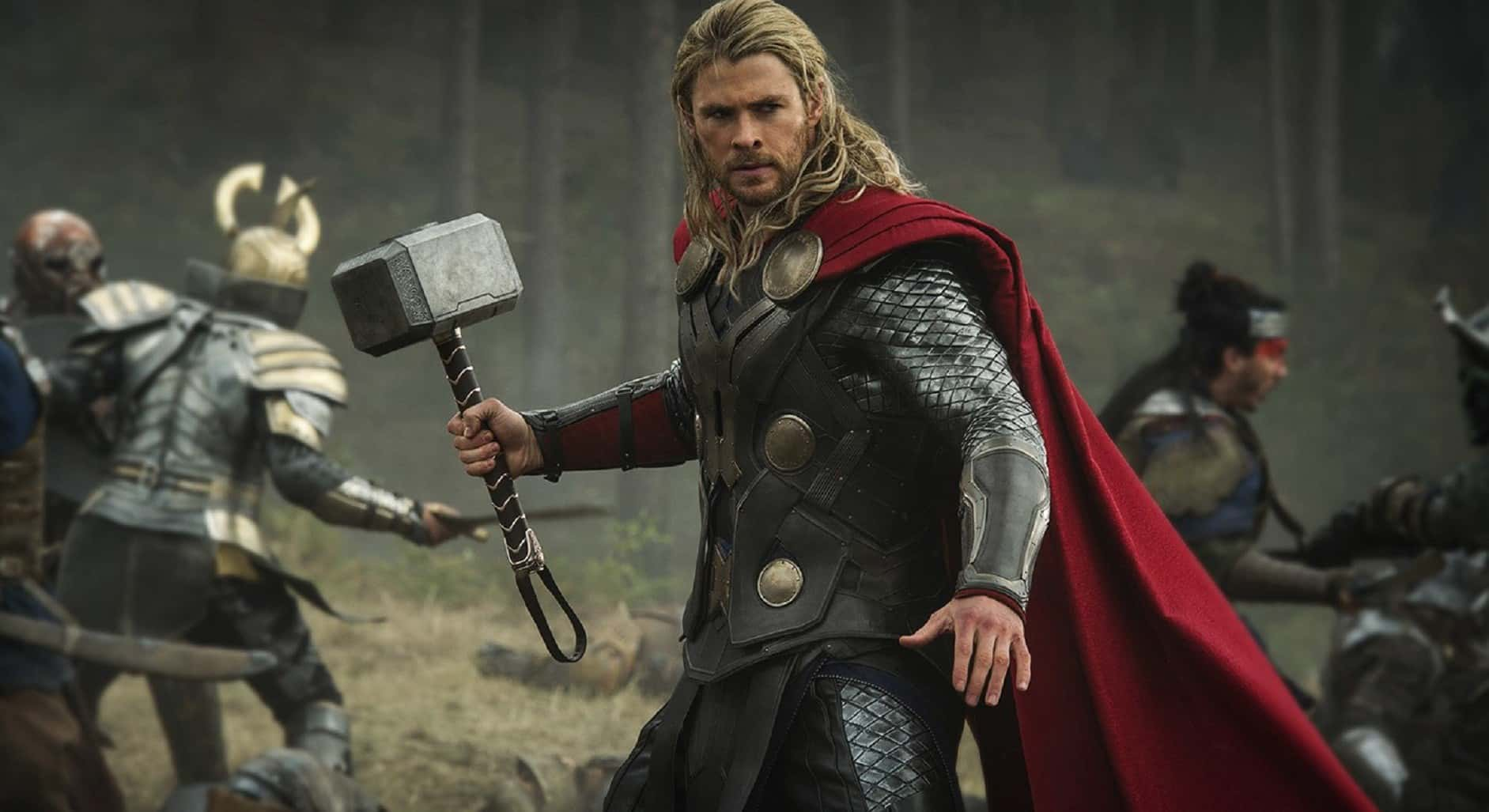
The Avengers first assembled to stop a Chituari invasion in the Battle of New York, and it made sense that none of them would have worked together before that. The problem is with how that worked in the movies afterwards. Tony Stark (Robert Downey Jr), Captain America (Chris Evans) and Thor (Chris Hemsworth) all fought Avengers-level threats in their own solo films, but somehow were all conspicuously absent from each others' crises. Though there was some crossover, here and there - with the Black Widow (Scarlett Johansson) appearing in 'The Winter Soldier' or the Hulk (Mark Ruffalo) in 'Thor: Ragnorak' - it became increasingly harder to believe that the only superheroes available to deal with a crisis were the ones the respective movies were named after.
2. The TV series failed to connect
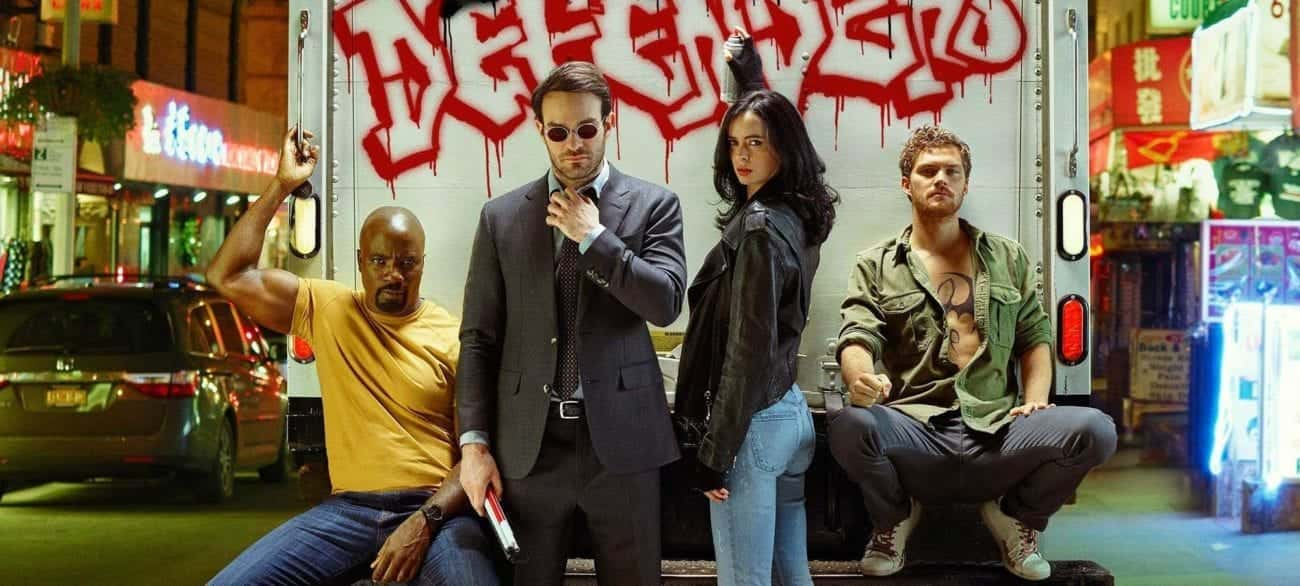
It's easy to forget now, with shows like 'WandaVision' and 'Falcon & the Winter Soldier' about to become the first official television spinoffs from the movies featuring the actual stars of the film, but all of the Marvel television shows were meant to be a part of MCU canon as well. 'Agents of SHIELD' spun straight out of Agent Coulson's (Clark Gregg) death in 'The Avengers', and its own spinoff series, 'Agent Carter', brought back Peggy Carter from 'Captain America: The First Avenger'. Both shows did their best to tie into movie continuity - 'Agents of SHIELD' especially, featuring several episodes that would respond to events in the films, and was even completely derailed by the events of 'The Winter Soldier'. Even the Netflix series were meant to be set in the same universe, and would constantly refer to 'The Battle of New York' though, bizarrely, they could never mention the Avengers or any of their members by name.
The movies, however, never acknowledged any of the television series beyond a blink-and-you'll-miss-it cameo in 'The Winter Soldier', forcing fans of the television series to accept that the shows only existed in their own little bubble of existence, all crossover hopes dashed to the rocks. With all of the television series having come to a close, die-hard fans are still hoping to see their favorite TV show heroes reappear in the MCU proper - but if they are, Marvel is keeping quiet about it.
3. A mess of continuity
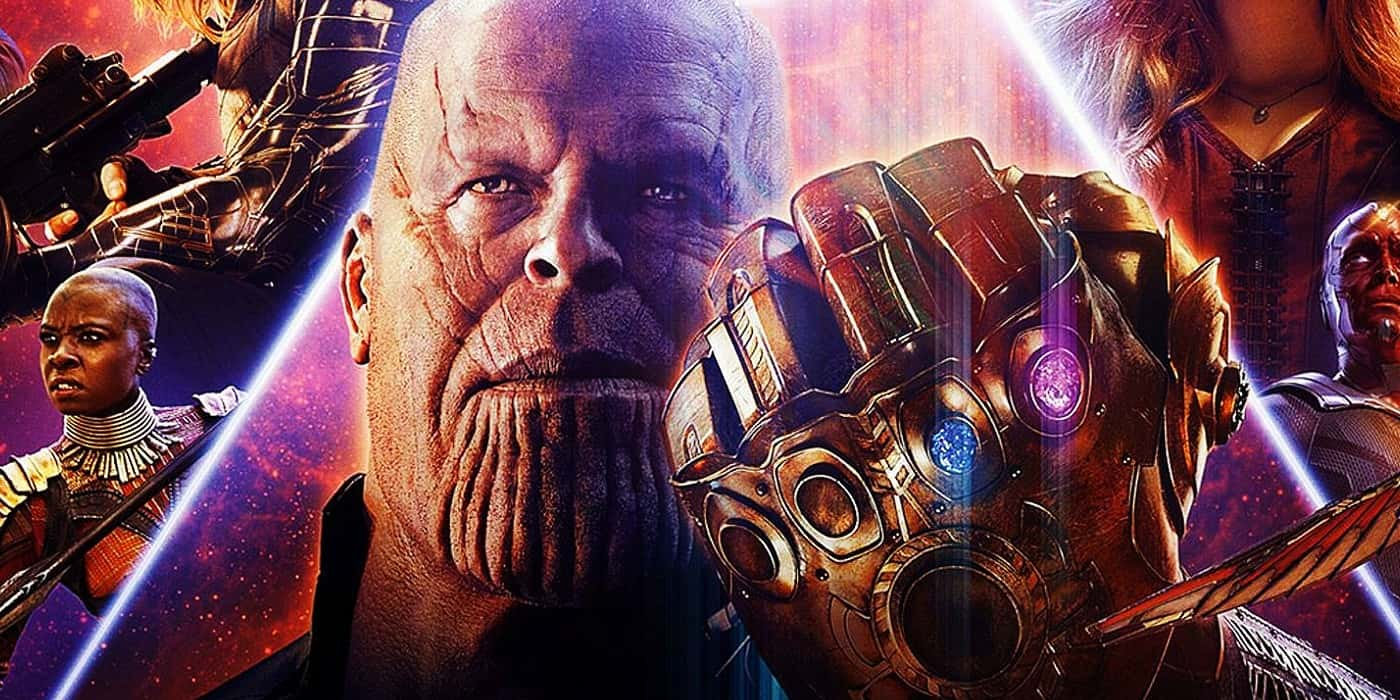
Even ignoring the TV shows (as the movies certainly did), it wasn't long before even the shared continuity of the movies began to fray around the edges. Whether it's Bucky Barnes' (Sebastian Stan) ever-changing birthday, the confusion as to when and how the Infinity Gauntlet was first created, Gamora's (Zoe Saldana) origin or Spider-Man's (Tom Holland) confusing timeline being out of sync with his first appearance in 'Civil War', little continuity errors just began piling up - until all hope of making sense was abandoned in 'Avengers: Endgame', where Marvel skipped five years ahead to be able to do pretty much anything they felt like. Speaking of which...
4. Endgame was just too big to make sense
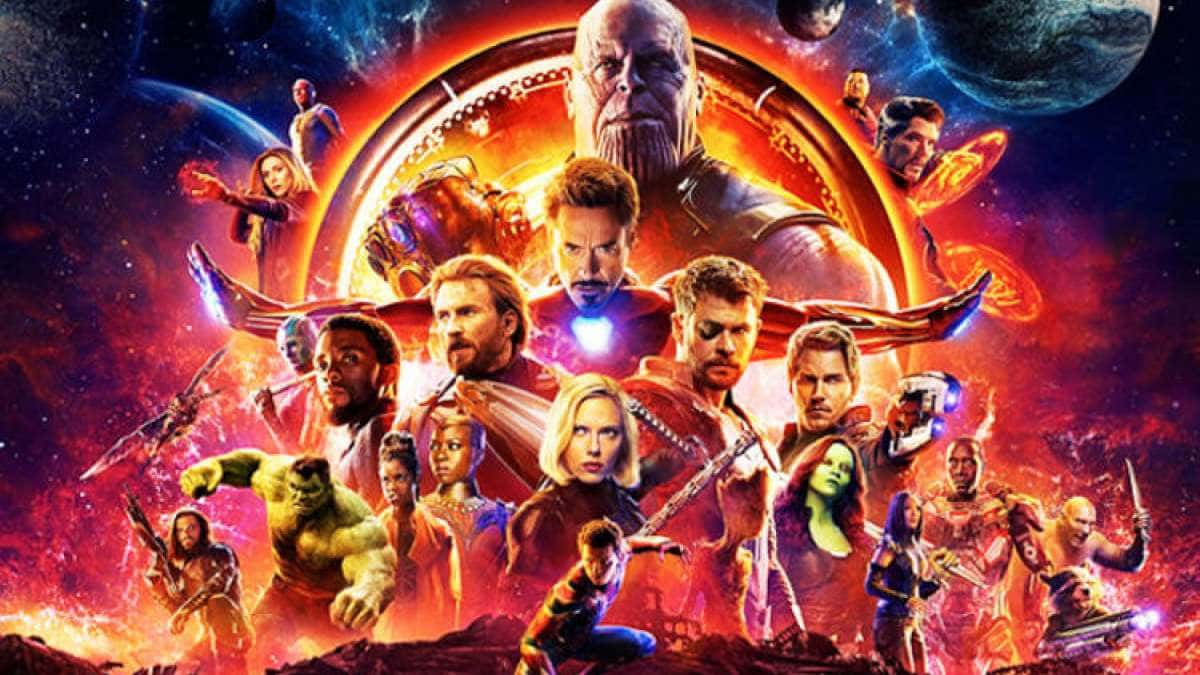
'Avengers: Infinity War' was a nearly perfectly crafted movie, fulfulling the promise of a decade's worth of build-up, bringing together superheroes in a crossover unlike anything the world had seen before. 'Avengers: Endgame', however, felt a lot like a film that had bitten off more than it could chew. Beheading its main villain early, a five year jump that future movies will probably largely ignore, a time travel heist that messed with continuity in ways that make less and less sense the more you think about them, and a final battle that was choreographed more for impressive fanservice moments than for any kind of strategic sense. While 'Endgame' was filled with a lot of fun moments, it was obvious that the continuity that the films had built up was just too much to be able to handle with any kind of seriousness.
5. Pandemic delays
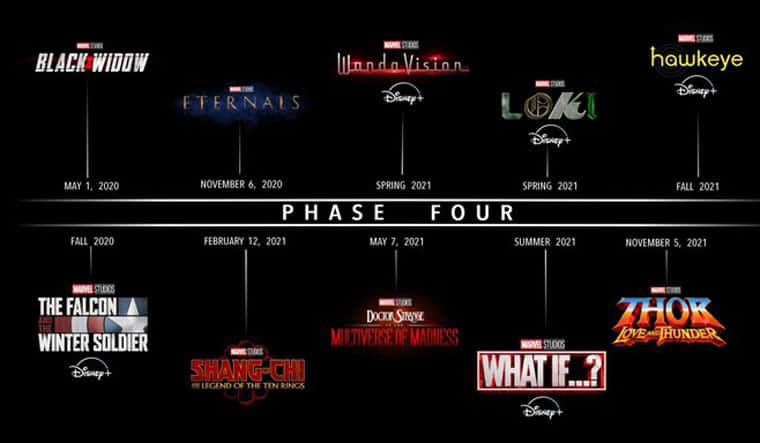
Following 'Avengers: Endgame' was meant to be an all new era for the MCU - one without the Avengers, picking up the pieces of the world they left behind. It was to be an era that mixed TV shows with a whole array of new movies, bringing characters never seen before on screen to populate a post-Avengers cinematic universe. Unfortunately, the pandemic hit, causing massive delays across the board. 'Spider-Man: Homecoming' was the only film we get to see of Marvel's Phase Four, and that was already trying to sweet "The Blip" under the rug like it was a minor inconvenience to the world as opposed to five years where half its population was missing.
With the delays caused by the pandemic, all steam that the MCU had was lost, at the worst possible time. Its heavy hitters like Iron Man and Captain America have been solidly removed from the board, and it's hard to say what property will hold the MCU together going forward - assuming that superhero fatigue hasn't already seeped into everyone during the long wait. The future of the MCU is uncertain, tied to a decade of continuity that is already fading from people's minds. Marvel's best move forward, at this point, might be in focusing less on tight, interconnected continuity, and allowing films and shows to stand on their own, referencing the past without being shackled by it.

